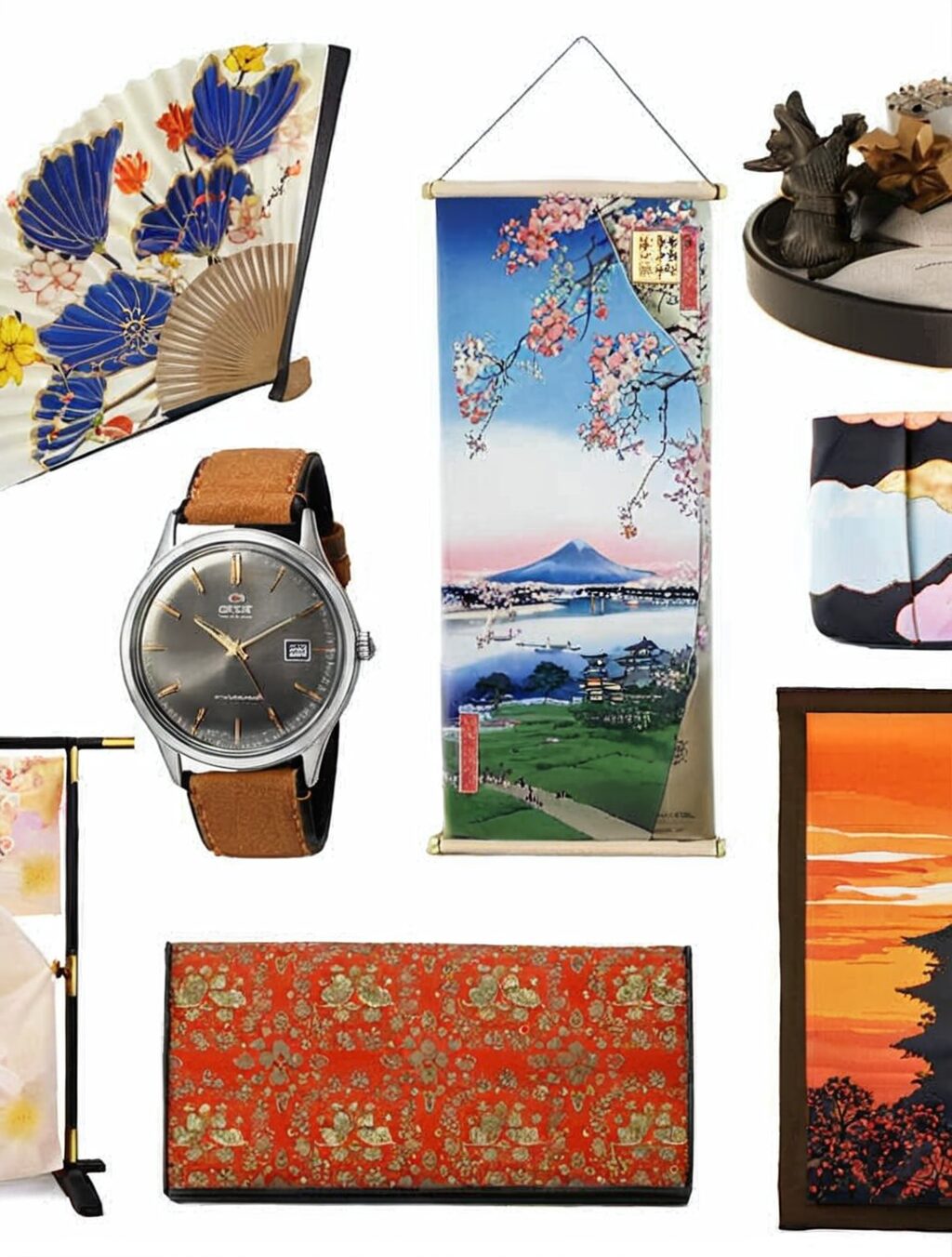Gifts to Avoid Giving in Japan
Win a Free Trip to Japan!
Experience cherry blossoms and ancient temples
When visiting Japan, it’s essential to be mindful of the country’s unique customs and etiquette. One important aspect of this is knowing which gifts to avoid giving. Certain items may be considered失礼(失礼) or disrespectful, so it’s crucial to steer clear of them to ensure a positive and respectful interaction.
- Items with Religious Symbolism: Avoid giving gifts with religious symbols, as Japan has a diverse population with various religious beliefs. It’s best to err on the side of caution and choose secular items.
-
Sharp Objects: Sharp objects like knives or scissors are generally not considered appropriate gifts in Japan. They may be seen as a symbol of violence or conflict.
-
White Flowers: While flowers are often appreciated, avoid giving white flowers, which are traditionally associated with funerals.
-
Handkerchiefs: Handkerchiefs are another item to avoid, as they are often linked to parting or farewells.
-
Used Items: Giving used items as gifts is generally not acceptable in Japan. This includes both personal belongings and secondhand goods.
-
Gifts of Great Value: Avoid giving excessively expensive gifts, as this may create an uncomfortable situation for the recipient who may feel obligated to reciprocate.
FAQs:
- What should I give instead? Consider giving thoughtful gifts like food items, traditional crafts, or items that represent your own culture.
-
Are there any other things I should avoid? Yes, avoid wrapping gifts in black or white paper (associated with funerals), and don’t write on the wrapping paper (considered impolite).
By being aware of these gift-giving customs, you can avoid失礼(失礼) and show respect for Japanese culture. Choosing appropriate gifts will enhance your interactions and ensure a positive experience for both yourself and the recipient.
